Farm to Food Bank
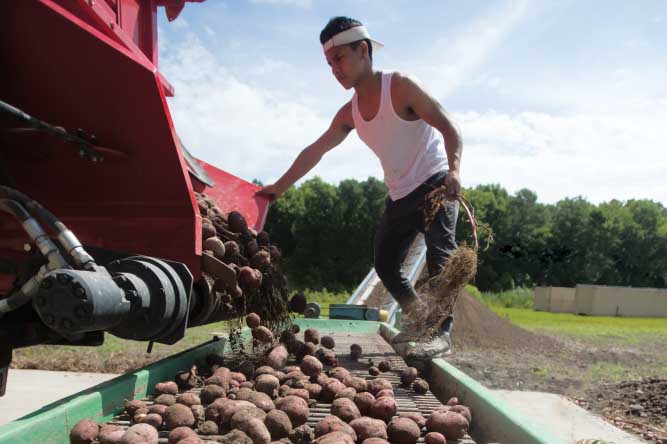
Apparently, the old adage “beauty is only skin deep” applies to fruits and veggies, too.
Through a North Carolina initiative known as “Farm to Food Bank,” local farmers can donate their misshapen, blemished or distressed – but otherwise nutritious and delicious – produce to food banks throughout North Carolina, helping feed the nearly 1.8 million North Carolinians who are currently lacking sufficient food.
It’s hard to determine who is happiest about the initiative. Is it the farmer, who hates waste, especially when he knows his imperfect produce is edible? Is it the food banks, who until recently saw the bulk of their donated food in processed food, not fresh fruits and veggies? Or is it those in need of food, who are happy to enjoy a smorgasbord of potatoes, squash, tomatoes, watermelons and more?
The answer is all of the above.
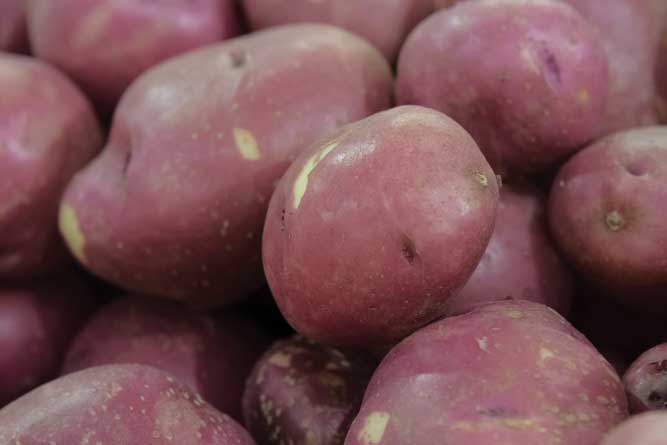
Imperfect Produce
The idea of donating imperfect produce to food banks is not a novel one. Alan Briggs, executive director of the North Carolina Association of Feeding America Food Banks, notes that food banks have been receiving donated culls and other imperfect produce for years. However, the backbone of food donations has always been processed and shelf-stable grocery items.
“Recent years have seen a real sea of change in food banks’ food sourcing efforts,” Briggs says. “We are recognizing the need to scale up our ability to accept fresh produce and improve the nutritional content of the foods we provide to families in need.”
What is innovative is the size of the donations. Briggs wants to encourage farmers to think big.
“Food banks have a large infrastructure – trucks, warehouses and staff,” he says. “In our 2015 fiscal year in North Carolina, we moved over 181 million pounds of food through over 2,500 agency partners to feed hungry neighbors. We serve almost 160,000 people weekly. Imagine feeding the entire population of Asheville, Chapel Hill and Elizabeth City every week!”
He adds, “We need for farmers to understand that capacity and think of trailer loads, not pickup loads of produce.”
Briggs says the goal is to “source to excess.” Staff members have been hired to help locate more farmers who can donate large amounts of food. If enough produce can be obtained, it can be shared with food banks across the state.
Briggs says, “In some cases, we have farmers who are providing enough to saturate our state’s food banks and enable us to share across the region – and country – with food banks in areas with little or no produce production.”

Potato, Po-tah-to
The program would not exist without farmers who graciously donate their foodstuff. Two such farmers, Hunter Gibbs and Dawson Pugh, grew up on multi-generational farms in Engelhard and decided to launch careers as farmers themselves – specifically, potato farmers. Today, they are co-owners of Pamlico Shores.
“Both our grandfathers and dads farmed in Hyde County,” Gibbs says. “Dawson’s great-grandfather grew potatoes in the 1960s on the same land they are grown on today. My grandfather grew potatoes in the 1980s in the nearby town.”
Gibbs was working for a produce company selling fresh vegetables along the East Coast when he decided to return to the production side of things. In 2008, he and Pugh recognized “potential” in red, white and yellow potatoes and embarked on their potato farm venture in 2008. When the Food Bank of Albemarle approached Pamlico Shores in 2014 about being part of the Farm to Food Bank program, Gibbs immediately said yes.
Do Your Part
“We felt like it was the right thing to do,” he says. “We were throwing away our culls in the woods. When the Food Bank of Albemarle told us about the pilot program, we thought it was a good deal.”
In 2015, Gibbs donated nearly 150,000 pounds of potatoes. Briggs describes Gibbs as a true leader.
“Hunter bought into the idea of donating product as soon as he learned about us,” Briggs says. “Like many of our wonderful farmers across the state, he hates waste. He totally embraced the idea of partnering with us to recover and use these potatoes to feed hungry folks across the state.”
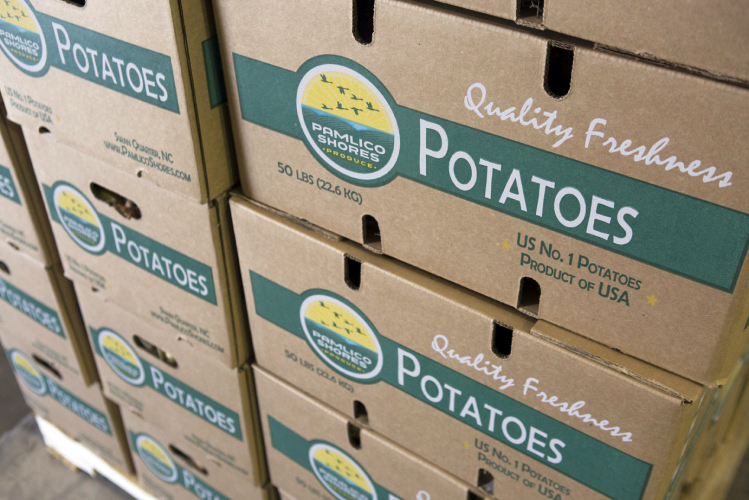
As a way to give back to local farmers for their generosity, Briggs campaigns to create incentives.
“We worked hard with Feeding America Food Banks across the country to enact changes in federal tax laws last year to increase and make permanent new laws providing farmers with tax deductions for donating produce below cost,” Briggs says. “The new deductions apply to all farmers now, large or small. So many of the wonderful growers want to help just out of the goodness of their hearts. We are grateful and believe they deserve some benefit for their generosity and kindness.”
Gibbs is thankful for the tax incentives; however, it’s not the underlying reason he is involved.
“If we can provide food for the community that is not marketable but still good, it’s the right thing to do,” Gibbs says.
Briggs happily reports that the Farm to Food Bank program is growing in leaps and bounds.
“In 2015, about 40 million pounds of the 181 million pounds of food we shared was fresh produce,” he says. “In the first year of this initiative, we appear to be on track to add close to 5 million pounds more, with the goal of 10 million more pounds in the next year or two. We see no immediate end to the potential to keep increasing that amount and are totally committed to do so.”
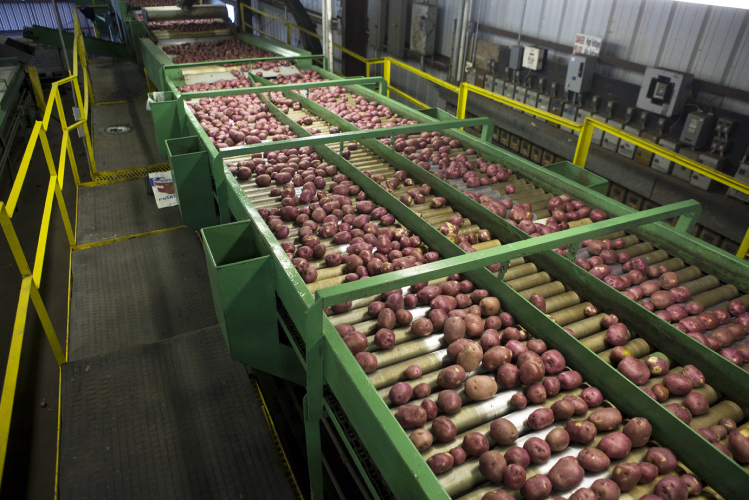
Briggs adds, “This initiative is an exciting sweet spot where agriculture, public health and feeding the hungry overlap. It is a win-win-win situation.”
The Ugly Veggie Movement
“Several European countries have actually passed laws limiting the disposing of produce,” he says. “In general, the public is being educated that appearance does not dictate the nutritional value of agricultural products. All of this increases the ability of low-income families to access healthier fresh food.”
– Karsen Price



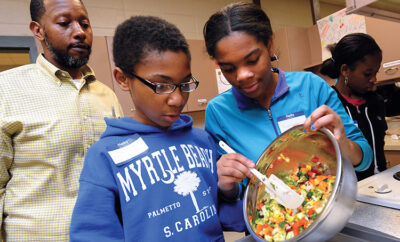
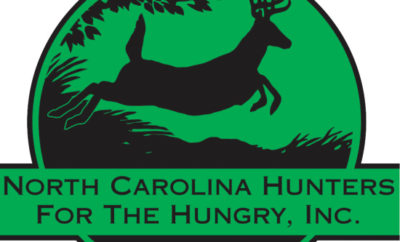
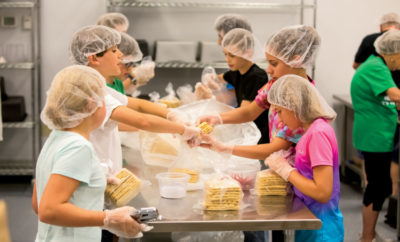
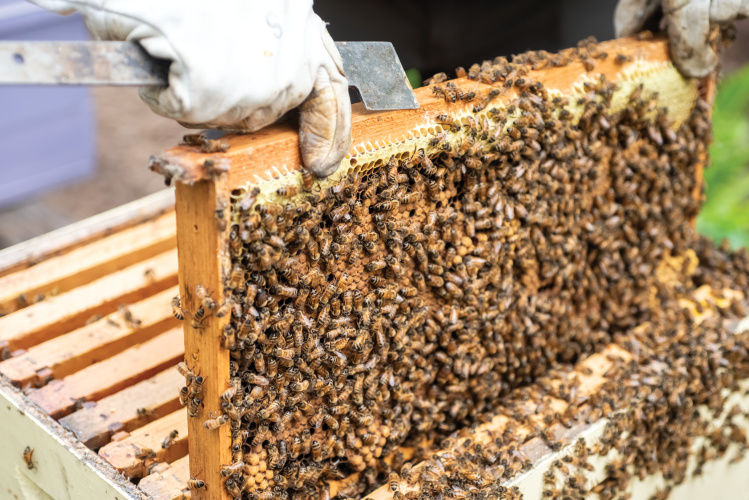
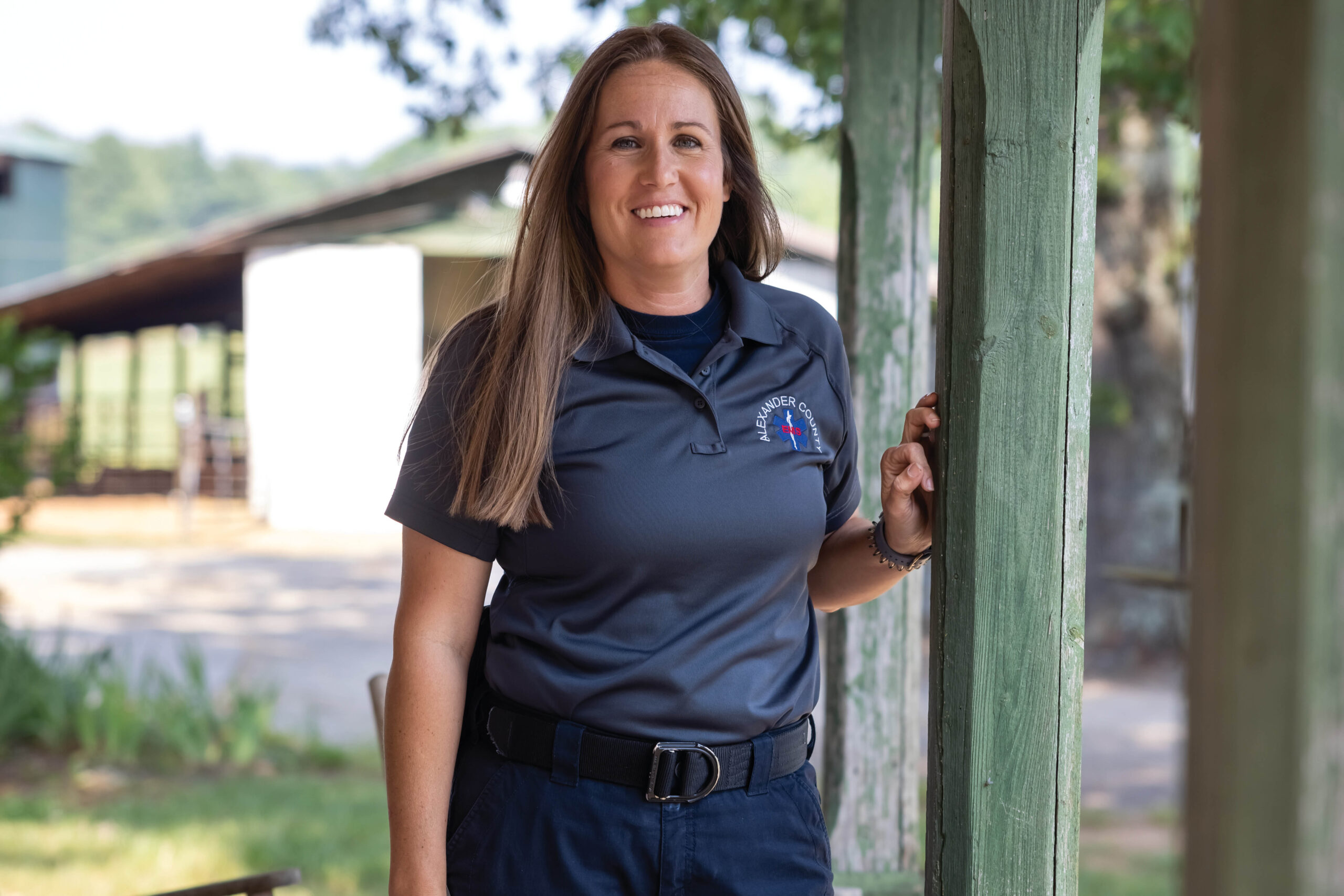
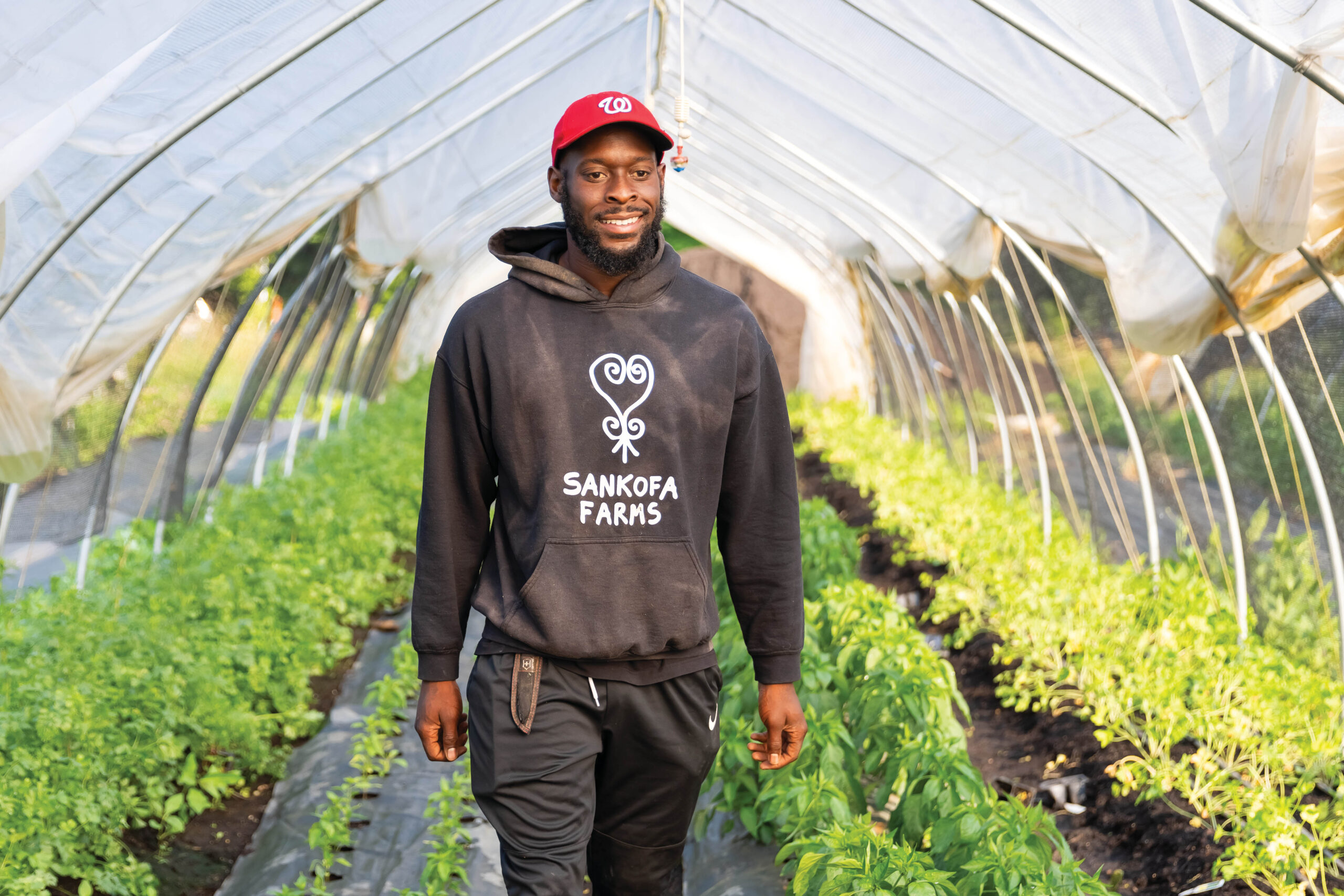
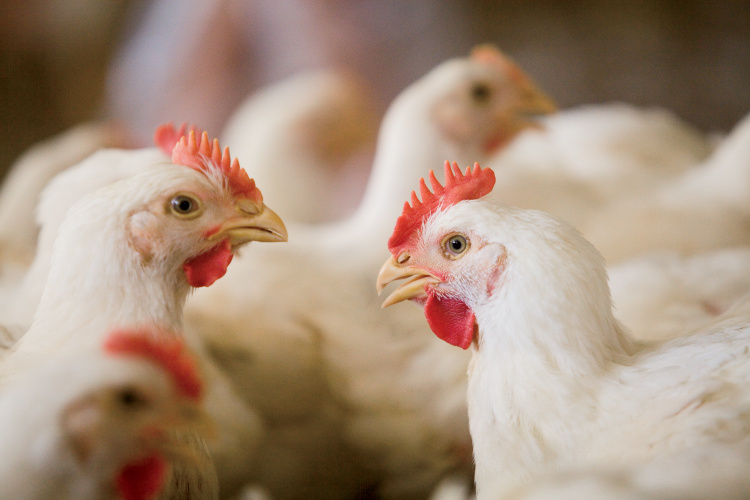

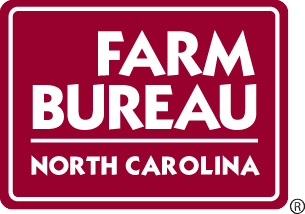
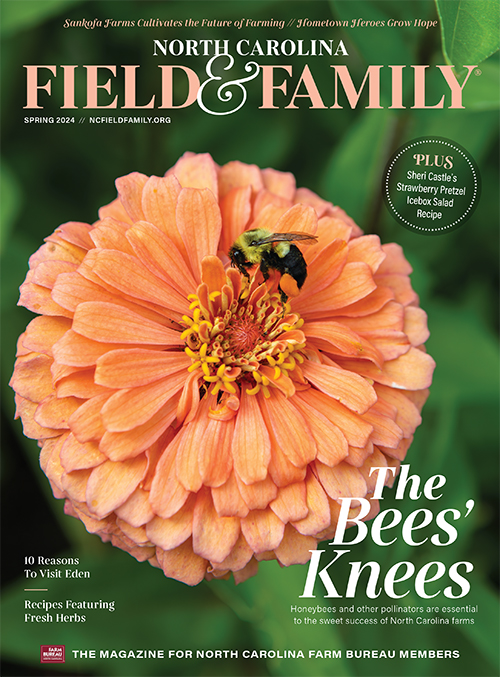 North Carolina Field and Family magazine highlights farms and foods, events and attractions, and interesting people and places throughout the state.
North Carolina Field and Family magazine highlights farms and foods, events and attractions, and interesting people and places throughout the state.
Rod Sershen
December 1, 2016 at 8:33 pm
Pamlico Shores actually donated over 230,000 pounds to our food banks in 2015 and well over 100,000 pounds in 2016. All of which were distributed through all 7 North Carolina Food Banks.